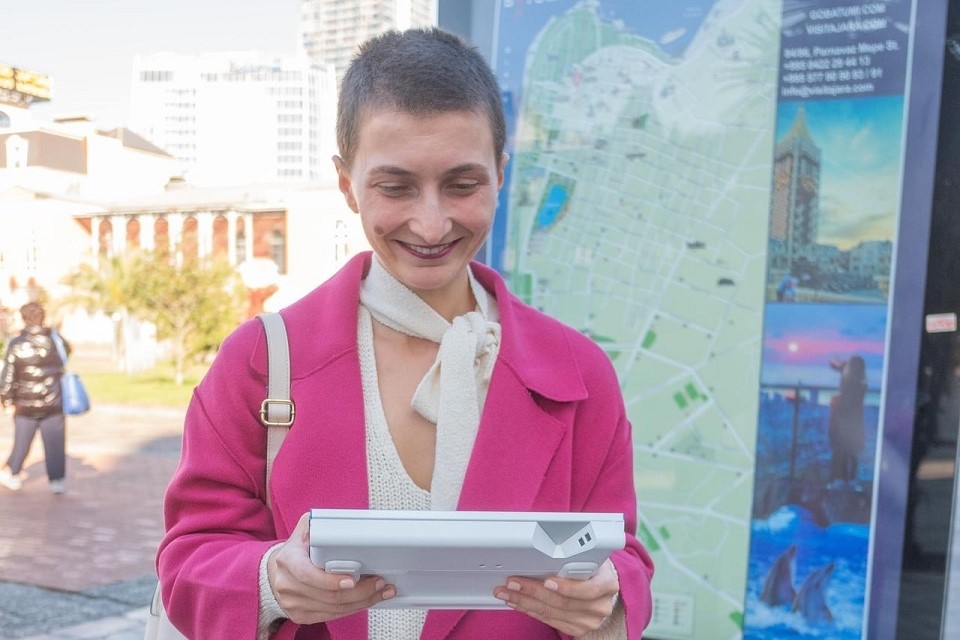UN Women accelerates work on the rights of women and girls with disabilities
Date:

The empowerment of women and girls with disabilities is an integral part of the gender equality agenda. In addition to stand-alone programmes for disabled women and girls, it is critical to ensure that disability issues are fully integrated into gender equality programmes and initiatives. Equally, it is important that initiatives supporting women with disabilities are implemented in line with the concept of “Nothing About Us Without Us”.
Based on 2014 data, 184,958 people in Georgia (5.0 per cent of the population) have functional disabilities. Much like the global trend, more women (5.6 per cent) than men (4.3 per cent) have a disability, yet fewer women and girls have official status. Compared to men, they have fewer opportunities in terms of education, employment and income generation.
To review the progress of the UN Joint “Transforming Social Protection for Persons with Disabilities in Georgia” project, and to strategize on how UN Women can better address the rights and needs of women and girls with disabilities, a stocktaking meeting was held; entitled Women on Strengthening Gender Equality and the Empowerment of Women and Girls with Disabilities. Key representatives from civil society organizations and activists working on the rights of women and girls with disabilities attended the event. In addition to reviewing the results of the project, the participants discussed the challenges and the priorities required of UN Women and civil society for the development of inclusive policies and programmes.
The UN Women component of this UN Joint Programme – “Transforming Social Protection for Persons with Disabilities in Georgia” – was carried out in close partnership with civil society organizations. As a part of the programme, up to 200 women (including 100 individuals with disabilities) and 36 organizations were able to strengthen their knowledge, while 109,000 women and girls with disabilities received information about their rights. Moreover, statistical publications were developed within the project, thus significantly improving the availability of data on issues of gender and disability, and serving as a valuable resource for organizations working on these topics. Podcasts and stories were also produced within the framework of the project, thereby allowing up to a million people to learn more about women and girls with disabilities. Additionally, with support from the Joint Programme, Georgia’s first ever CSO shadow report, the Convention on the Elimination of All Forms of Discrimination against Women (CEDAW), was submitted to the Committee to highlight the rights of women and girls with disabilities.
When discussing the project, Tamar Macharashvili, head of the Woman and Reality organization, mentioned that the work became a foundation on which larger-scale inclusive efforts can be built: “The project provided an opportunity to assess the current situation more clearly, how we – human rights activists – women with or without disabilities, understand and implement more inclusive initiatives and how to better promote the rights of women and girls with disabilities. It is necessary to support such joint programmes in which women with disabilities will be fully and equally engaged.”
The UN “Transforming Social Protection for Persons with Disabilities in Georgia” Joint Programme is funded by the Joint SDG Fund and is implemented by six UN agencies: UNICEF, UNDP, OHCHR, UNFPA, UN Women and WHO.